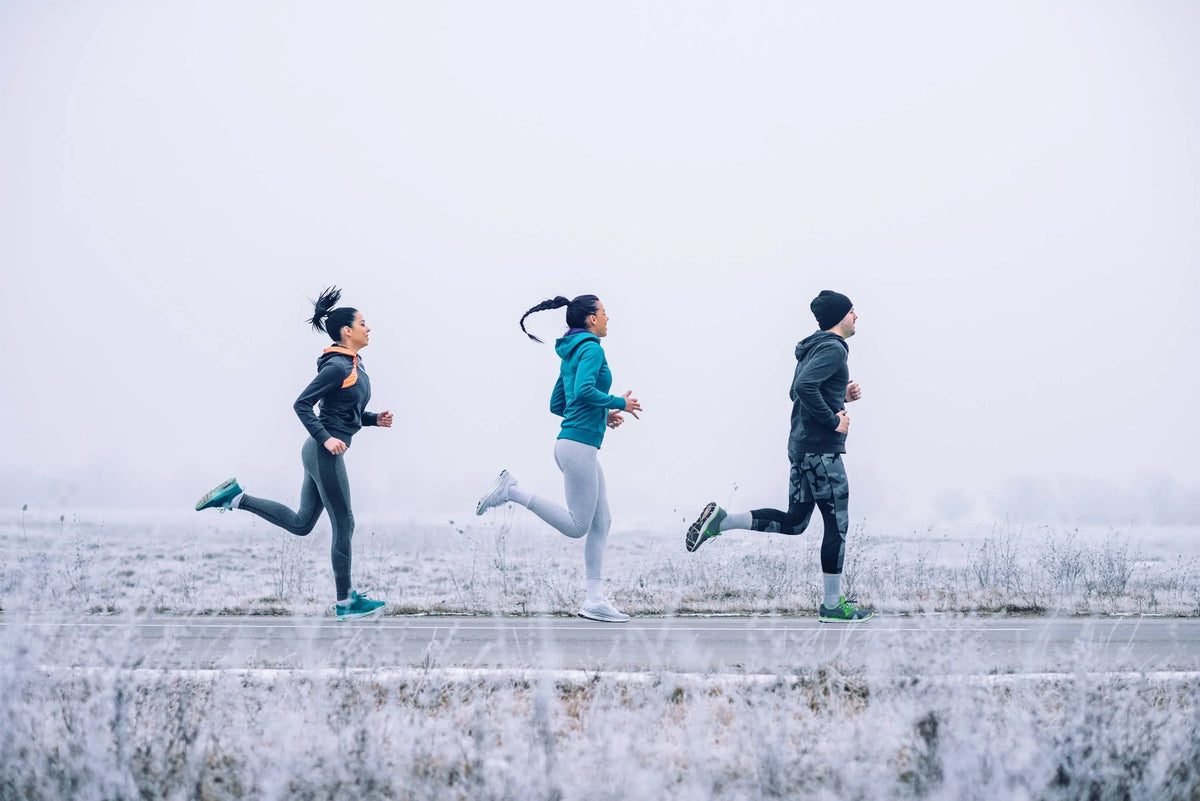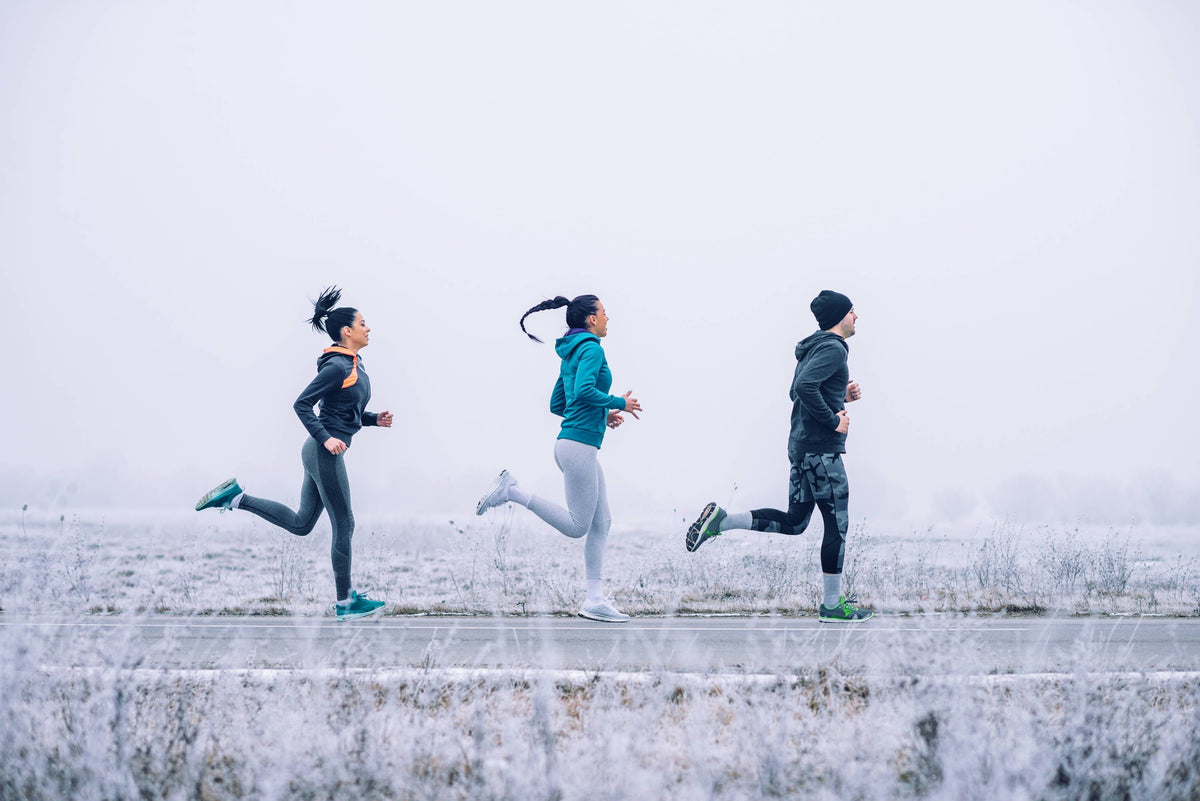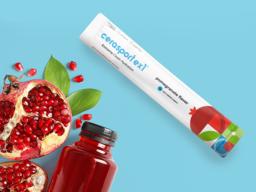Ceralyte 50 Potassium-Free | (10g Stick) Hydration Powder
Racing Motorcycles in the heat is very dehydrating to say the least. Bliss Racing Team depends highly on the help of cerasport ex1 to keep our team hydrated and on the move. Can’t stress the convenience of the individual stick packs - what a game changer for us! Thank you. Bliss Racing Team
Ceralyte 70 has allowed my husband to absorb liquids! It has been life changing!
I have been using unflavored Ceralyte 90 for several years. Since it has been out of stock I switched to the lemon flavor just to receive the benefits of Ceralyte. I have been pleasantly surprised at how good it tastes.i will reorder until the plain is back in stock!



